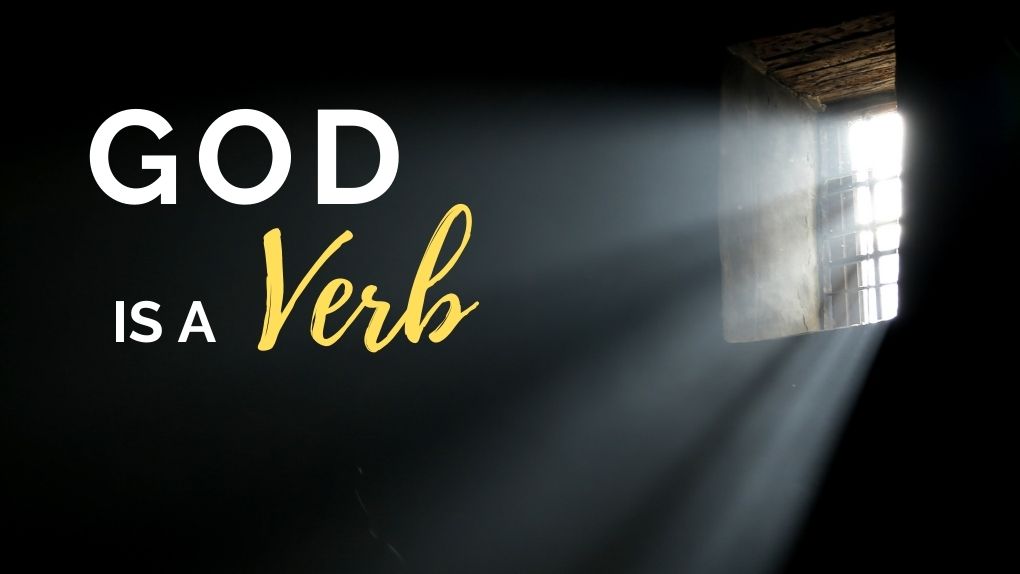Today is our first Badarak of 2022, our first step together as a community into a new reality and new beginning. On December 31, along with most of the world, we celebrated the arrival of the New Year with excitement, hope, and anticipation for a better year, a year without a pandemic, fear, and uncertainty. New Year’s celebration is a beautiful event that creates an opportunity for us to pause and reflect on where we are in life, what we have achieved, where we want to see ourselves next year, and what changes we desire and need. It is also a beautiful occasion for family and friends to meet and spend time together. During the New Year’s Eve celebrations and gatherings, we hear people congratulate each other, wish each other happiness, good health and well-being, toast for great things to their friends and family and make resolutions for the New Year. But when the parties, fireworks and celebrations are over, these great wishes and resolutions are often forgotten because it is one thing to wish and toast to someone’s happiness and joy, and entirely another thing to help them get there; it is one thing to make a New Year’s resolution, and another thing to actually follow through, persevere and make it happen.
We can say that the same is sometimes true for spiritual life. Faith is often reduced to a level of nice ideas and words. Genuine faith is also a verb because it requires action and engagement. Our faith has many excellent nouns: ‘Savior, Lord, Master, Light.’ The adjectives of our faith are equally inspiring: ‘divine, holy, sacred, noble, gentle, loving.’ Nouns, adjectives and pronouns are nice and essential, but we also need verbs to make sentences and in order to communicate clearly and effectively. Verbs make things happen. Actions inspired by faith bring meaning, purpose and joy to our spiritual life.
The idea of God being a verb might sound strange. But it is neither new nor foreign to faith. Countless authors and theologians likened God to a verb before and that is also what we find in the Bible. Moses encountered God in a burning bush, speaking to him and guiding him. There is a motion and action in this divine depiction which is also the case for the entire Old Testament, where we see God as a guiding and guarding force for Israel. In the New Testament, such depiction becomes even more vivid. For instance, in the first letter of St. John we read, “God is love” (1 John 4:8).
God is a verb. He creates, He saves and forgives, He blesses and helps and He certainly loves. Our faith is also called to be a verb. Here are some wonderful Christian verbs that can transform our faith and the lives of those around us: come, follow, go, serve, give, share, love and forgive.



Comment(1)
Peruse Khachoyan says:
January 2, 2022 at 5:49 pmGod is indeed a verb! The great “I am” is the eternal verb To Be. Fully, courageously, righteously, lovingly, and so much more. To Be, the ever present verb, Life. Because God IS, we too are and can be. Being is forever. The great I am implores us to fully be as well. Amen!